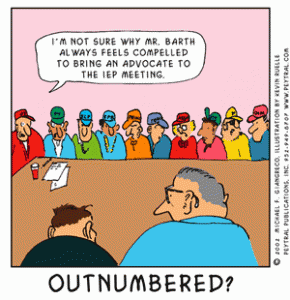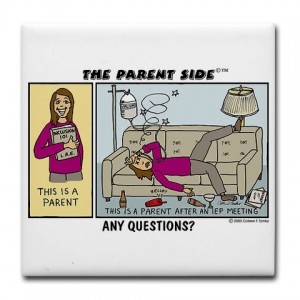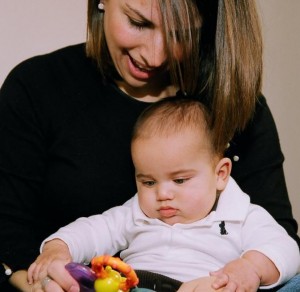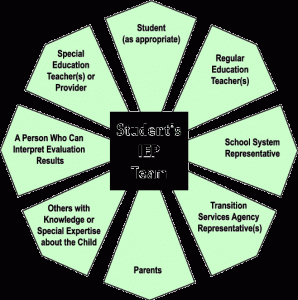While a due process hearing for an Individualized Education Program (IEP) is a legal procedure, it is also different from a typical court case. It will not be held in a courtroom. Instead of a judge and jury, a hearing officer is responsible for examining the evidence, hearing testimony, and making a binding decision. The hearing officer may not be employed by the school district – he is a neutral third party.
How to Prepare for an IEP Hearing
Individualized Education Program (IEP) Legal IssuesDisagreeing with an IEP
If you disagree with your child’s Individualized Education Program (IEP), you can try to negotiate with the IEP team to reach a compromise. You may reject the proposed compromise if you feel that it does not serve your child’s best interests. If negotiation fails, the next step is to file a formal complaint with your state’s Department of Education. Assuming that the state agrees to hear your complaint, you will have the opportunity to present your argument before a due process hearing. It’s recommended that you retain an attorney for the hearing.
How to Disagree with an IEP
Individualized Education Program (IEP) Legal Issues
Image source: eiwelcome.com
What is an IEP?
Your child’s Individualized Education Program (IEP) is a written document that details the services he will receive within the public school system under the Individuals with Disabilities Education Act (IDEA). You and a team of professionals will write the IEP during your IEP meeting.
Navigating the Early Intervention Process
Legal IssuesThe Individuals with Disabilities Education Act (IDEA) provides for free speech therapy within the public school system to all children who have a qualifying disability. But what if your child isn’t even in school yet? If you have a child under the age of three and you suspect that he might have a speech disorder, you can have him evaluated and treated with the Early Intervention program.
Surviving the IEP Meeting
Individualized Education Program (IEP) Legal IssuesUnder the Individuals with Disabilities Education Act, a child who qualifies for special education requires an Individualized Education Program (IEP). This is a written treatment plan that describes your child’s speech therapy needs and how they will be met within the public school system. After your child is evaluated by an interdisciplinary team of professionals, you will receive a notice for an IEP meeting. During this meeting, the team will discuss your child’s needs and write his IEP if he is eligible for special education.
Navigating the Individualized Education Program (IEP)
Individualized Education Program (IEP) Legal IssuesWhat is the IEP?
The Individualized Education Program is a treatment plan for your child’s speech disorder. It is specially tailored to meet your child’s needs. An IEP is implemented within the public school system in accordance with the Individuals with Disabilities Education Act (IDEA). While it’s not exactly rocket science, navigating the IEP process may sometimes be frustrating. You’ll likely have a great deal of paperwork to review.
What the Individuals with Disabilities Education Act Means For You
Legal IssuesThe Individuals with Disabilities Education Act (IDEA) was signed into law in 1990. It was intended to ensure that all children with a qualifying disability have access to a free, appropriate public education (FAPE). That means that it provides for special education services within the public school system. If your child qualifies under the IDEA, his school must tailor an education program that meets his specific needs.






